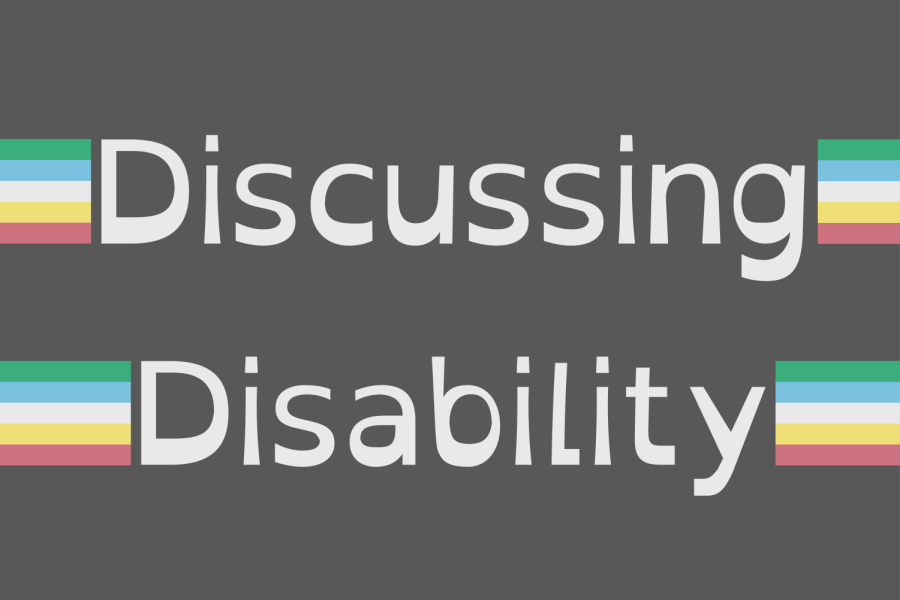Anxiety, like so many other conditions in life, can be hard to categorize. I feel as if most people deal with a little bit of depression at some point in their lives. Certain things happen in a person’s life to make her or him feel down sometimes. Depression is by no means a rare occurrence in our society. According to the Centers for Disease Control and Prevention, an estimated one out of every 10 American adults suffers from depression. Indeed, it is not something that affects only poor or underprivileged individuals. Some of history’s greatest writers and story tellers, Sylvia Plath, Ernest Hemingway and David Foster Wallace, have all committed suicide because they couldn’t cope with their depression. For them it was too much. Actors have committed suicide as well. Robin Williams is perhaps the most recent to date. In other words, there seems to be a universal applicability element to depression in our society. It can happen to everyone and anyone.
Now, certain therapists and certain members of the psychoanalytic community have argued that anxiety, for the most part, is completely and utterly irrational in part because it almost never acts as a productive agent for the person that is forced to deal with it. Indeed, anxiety can pretty much be viewed as an obstacle to happiness, not a gateway.
As a person who has battled anxiety in the past, I know this – it is important to have perspective. Perspective is key. It is everything. People who don’t have perspective over their own lives end up making irrational decisions. For me at the time, it was all I had, and ultimately it was all I needed. Without perspective, the person struggling with depression has no foundation or basis for coping with his or her mental health. When one loses perspective, one also loses context. Being able to answer and understand ‘Why?’ only becomes possible through understanding the context in which one’s depression occurs.
I have never attempted it, but committing suicide is not the only option you have for coping with this. Furthermore, ending one’s life not only takes a person out of the game, but it sends the message that happiness and hope are impossible. This could not be further from the truth.
Isaac Simon is a Collegian columnist. He can be reached at [email protected].
















